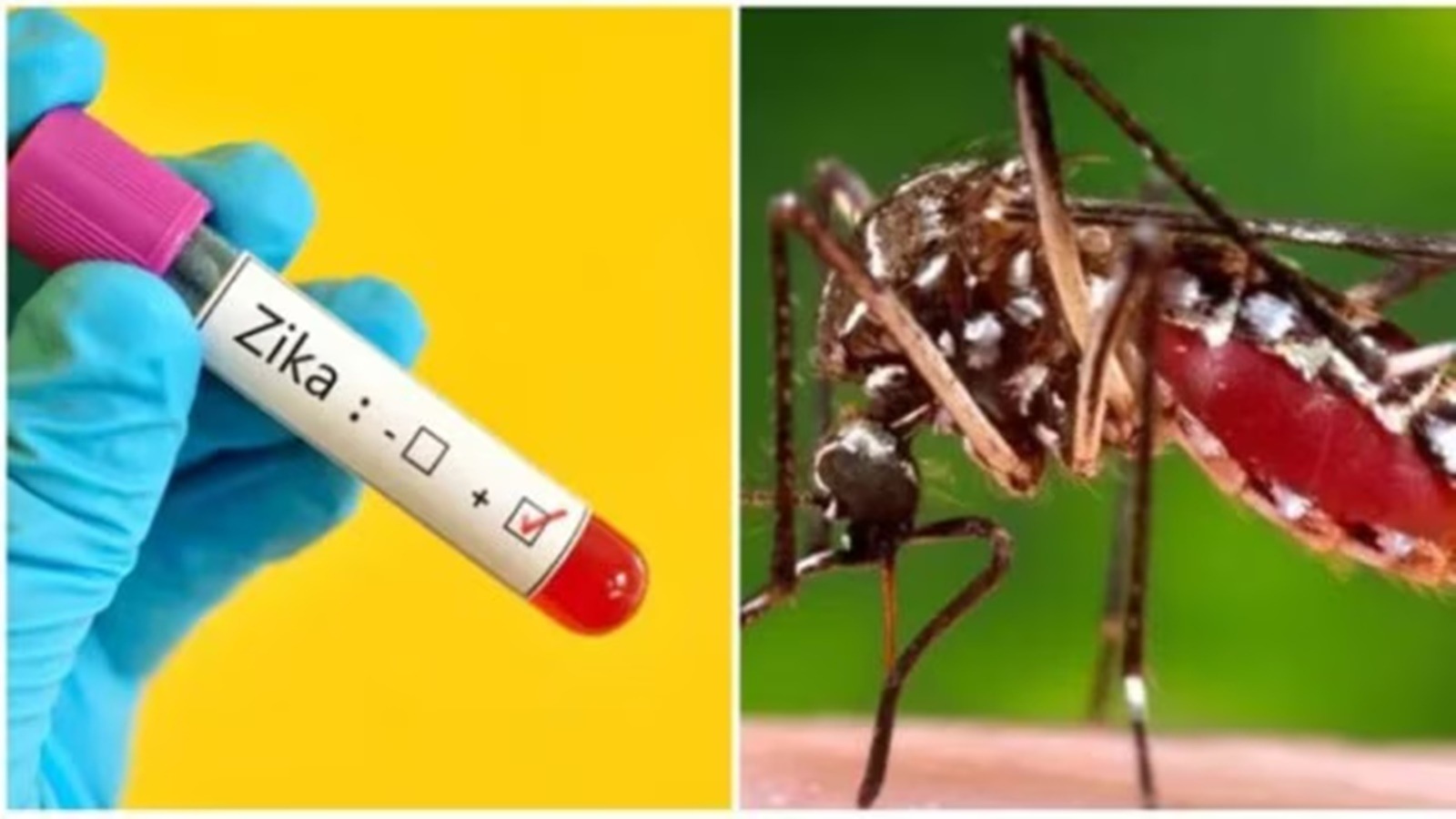As state records highest ever Zika outbreak, Mumbai’s surveillance and testing draw criticism
A senior health officer from Maharashtra expressed concerns that with Pune's significant number of cases and Mumbai's large floating population, it is improbable that the virus is absent from the city.
 In most cases, Zika patients remain asymptomatic and are less likely to seek medical attention or be diagnosed, which can lead to potential under-reporting and a lack of accurate data on the virus's prevalence. (Express Archives)
In most cases, Zika patients remain asymptomatic and are less likely to seek medical attention or be diagnosed, which can lead to potential under-reporting and a lack of accurate data on the virus's prevalence. (Express Archives) Maharashtra has reported 28 Zika cases this year, the highest number of cases since the first case was reported in 2021. While Pune district accounts for 24 of the total cases reported so far, Mumbai does not have a single recorded case. Experts attribute this to insufficient surveillance and testing in the state’s most populous city.
A senior health officer from Maharashtra expressed concerns that with Pune’s significant number of cases and Mumbai’s large floating population, it is improbable that the virus is absent from the city.
“The absence of reported cases is likely due to inadequate surveillance rather than an actual lack of infection,” the officer noted.
In most cases, Zika patients remain asymptomatic and are less likely to seek medical attention or be diagnosed, which can lead to potential under-reporting and a lack of accurate data on the virus’s prevalence.
The Indian Council of Medical Research (ICMR) has urged states to enhance testing for Zika virus, especially among patients showing chikungunya and dengue-like symptoms but testing negative for these diseases. Despite this directive, the KEM Hospital—the only civic-run facility in Mumbai conducting Zika tests—has reported no samples for testing so far.
When asked about it, Dr Sudhakar Shinde, additional commissioner, BMC, said, “Monsoon is a season rife with viral and mosquito-borne diseases. It is not feasible to run all kinds of tests for every patient. However, if we find any symptomatic patients, we will conduct the necessary tests and take all required steps. We have been vigilant in monitoring the situation.”
The WHO states that Zika virus infection during pregnancy can lead to microcephaly, congenital malformations, pre-term births, and miscarriages. Microcephaly, where an infant’s head is abnormally small due to improper brain development, affects 5–15% of infants born to infected mothers. Zika virus is also linked to Guillain-Barré syndrome, neuropathy, and myelitis in adults and children.
“Zika testing is crucial upon symptom development, particularly for pregnant women,” said Dr Bela Verma, head of the paediatric unit at JJ Hospital. “Early detection allows for proper management and reduces complication risks.”
Dr Subhash Salunke, senior advisor at the Public Health Foundation of India (PHFI), highlighted that while Pune receives significant attention, the state health department is neglecting case detection in other districts.
Zika is not geographically confined, and for a city like Mumbai, randomized testing in areas with dengue and malaria cases is essential. He emphasized the need for epidemiological sampling from sentinel centres. “How is it possible that Pune has so many cases while other districts report none? It’s due to inadequate sampling,” he said.







